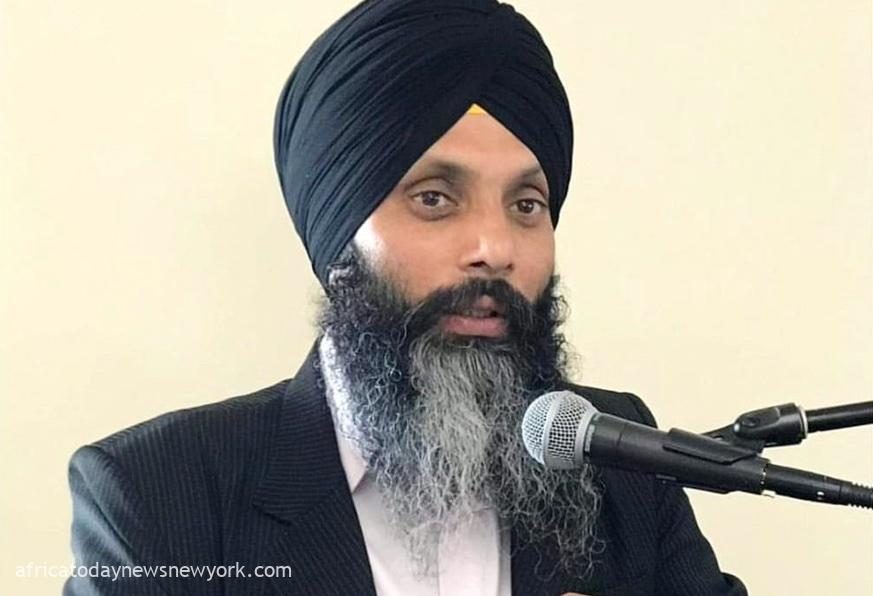The Prime Minister of Canada, Justin Trudeau actually relied on shared intelligence with US, Britain, Australia and New Zealand before accusing Indian agents for the murder in June of Sikh leader, Hardeep Singh Nijjar.
U.S. Ambassador to Canada David Cohen made this known in an interview with CTV News, which will be aired today (Sunday).
Cohen revealed that Trudeau relied on the ‘shared intelligence among Five Eyes partners.’
Trudeau said on Monday that Ottawa had credible intelligence linking Indian agents to the murder of Sikh separatist leader Hardeep Singh Nijjar in Vancouver.
The accusation elicited an angry reaction from New Delhi, which denies it.
‘I will say this was a matter of shared intelligence information.’
Read Also: Sikh Separatist Dispute: India Stops Canada Visa Services
“There was a lot of communication between Canada and the United States about this, and I think that’s as far as I’m comfortable going,” Cohen told CTV News.
The Canadian government amassed intelligence from both human and electronic sources in a months-long investigation into the murder, CBC News reported separately on Thursday.
Cohen did not comment to CTV News on the type of intelligence that had informed the Canadian government.
The U.S. made clear on Friday that it expected the Indian government to work with Canada on efforts to investigate the possible involvement of New Delhi agents in Nijjar’s murder.
Meanwhile, services at the Indian visa processing centre in Canada have been temporarily halted as relations between the two countries deteriorate further. This downturn was triggered by remarks from Canada’s Prime Minister, suggesting India’s potential involvement in the assassination of a Canadian citizen—an individual branded as a “terrorist” by New Delhi, and a Sikh separatist leader.
As part of what appears to be a reciprocal action, Canada’s High Commission has declared its intention to make adjustments to its diplomatic presence in India. While precise numbers were not revealed, the commission emphasized that its offices are fully operational and stressed the importance of ensuring the security of its staff.
